
The best conflict is one that doesn’t happen. This blog argues that the best global approach (short of a full-fledged military intervention) to prevent a potential conflict from developing into all-out conflict is early intervention. The blog analyses a counterfactual approach to the Rwandan genocide, and how early intervention, had it been utilized, could have prevented the genocide of the Tutsi.
The memo demonstrates how heeding early ‘warning signs’ and a concerted diplomatic effort could have prevented the genocide. Interspersed throughout are policy recommendations for the prevention of future conflicts.
Firstly, early intervention means listening and heeding early warning signs. By taking note of these early warning signs, it is possible to extrapolate, take preventative measures and develop contingency plans. In the case of Rwanda, the Belgian ambassador to Rwanda had sounded the alarm about Hutu death squads as early as the spring of 1992. Samantha Power, in her searing article in The Atlantic Monthly, articulates the many missed warning signs. Foremost among these was the UN cable sent in early 1994 by General Romeo Dallaire, commander of the U.N. Assistance Mission in Rwanda (UNAMIR), that Hutu extremists were planning a campaign to exterminate Tutsis. General Dallaire’s early warning of genocide was corroborated by the news of assassinations, massacres and egregious human rights abuses reported by non-governmental organizations.
In hindsight, it is clear that the US Clinton administration was performing under a ‘knowledge gap’ whereby the flow of information to the White House was not clear, in some cases conflicting with the reality on the ground, and in all cases sourced from media and third parties. By the time credible information on the scale of the atrocity did reach the White House, it was too late.
Contrast the Clinton administration’s response with the Obama response to the potential genocide of the Yazidis by ISIL. Acting on official intelligence and security advice, the administration allowed the use of targeted airstrikes against ISIL fighters, armed Kurdish YPG forces, and provided humanitarian assistance to strategic locations. Although many Yazidis did perish in the early days of the ISIL advance, these actions prevented the potential for a large-scale genocide to take place. By tuning to warning signs, timely and effective action can largely avoid a crisis. Had Western decision makers acted with foresight on the warning signs, the Rwandan genocide may have been averted.
Secondly, Western states must remain committed to working with all relevant parties to reach a peaceful diplomatic resolution. This may involve the use of small contingent of military operatives to aid the diplomatic effort, but it must not be confused with a “boots on the ground” military intervention. Ethnic groups with a voice in the decision-making process have a much higher possibility of resolving differences peacefully than resorting to war. Rwanda had been experiencing political instability ever since achieving independence in 1962.
However, as noted above, had the West acted as early as 1992, when the alarm bells were first raised, then perhaps the conflict could have been steered toward a political settlement. A diplomatic effort in Rwanda, as early as 1992 could have included an acknowledgement of the fragile relationships between Hutu and Tutsi, while being sensitive to questions of culture, history and symbolism.
Diplomatic efforts need to be specific, going beyond stereotypes and vague generalizations. In the case of Rwanda, this could have included, but not limited to, geographic partitions, and the inclusion of neighboring states in the dialogue, particularly Uganda. Open dialogue is critical as it will help to dispel misperceptions and maintain confidence between parties. In Rwanda, had Western states committed to a diplomatic effort in the early 1990s, then communication between the two belligerents could have built the foundations of a representative government.
This blog purposefully chooses to overlook military intervention as an option in preventing the outbreak of ethnic conflict. Although it is one option to be used, political debate often means there is little domestic support for such an option to be exercised. We have seen this recently in Syria, with minimal US troop presence on the frontline against ISIL. A US-led military intervention in Rwanda may have prevented the worst of the massacre, but the logistics, politics, and overall timeliness of such an option meant this was never used.
This is why this blog focuses on early intervention (heeding the early warning signs, and pursuing a diplomatic path) as the best way to fully prevent, or at the very least, mitigate the significant loss of life. Although Rwanda was a missed opportunity, subsequent conflicts, demonstrate some lessons learned. For example, the US has changed tack with regards to the Taliban, pursuing peace talks rather than continuing its longest running war.
One wonders how different the course of Rwanda, Afghanistan, or any other country that experienced conflict could have been, had those with the ability to act on behalf of the global community, had done so.
Abbas Nazari, a graduate of the University of Canterbury, is currently studying for a masters degree at Georgetown University on a Fulbright grant. He is a member of the Centre’s young Global Scholars Group.

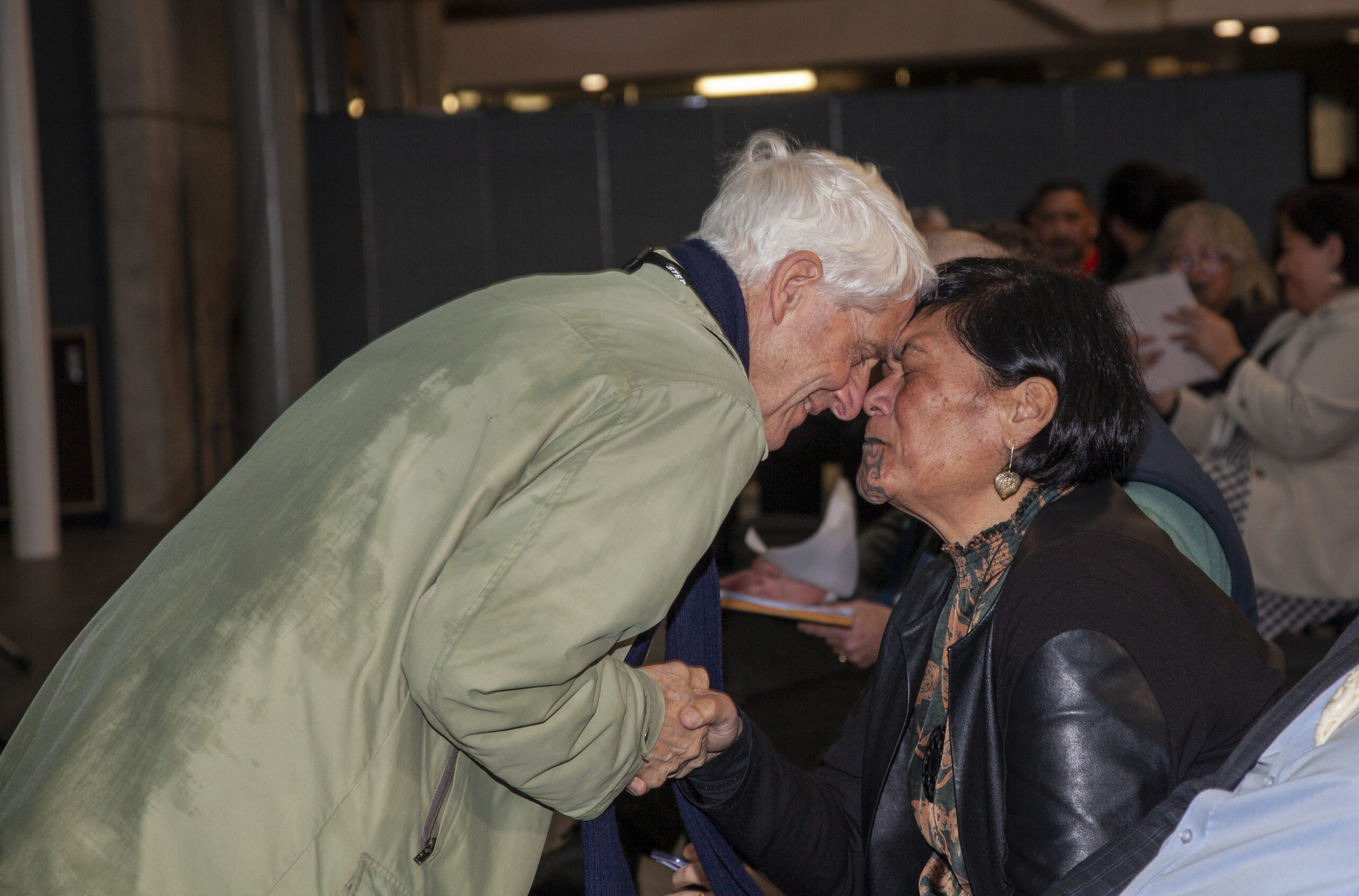
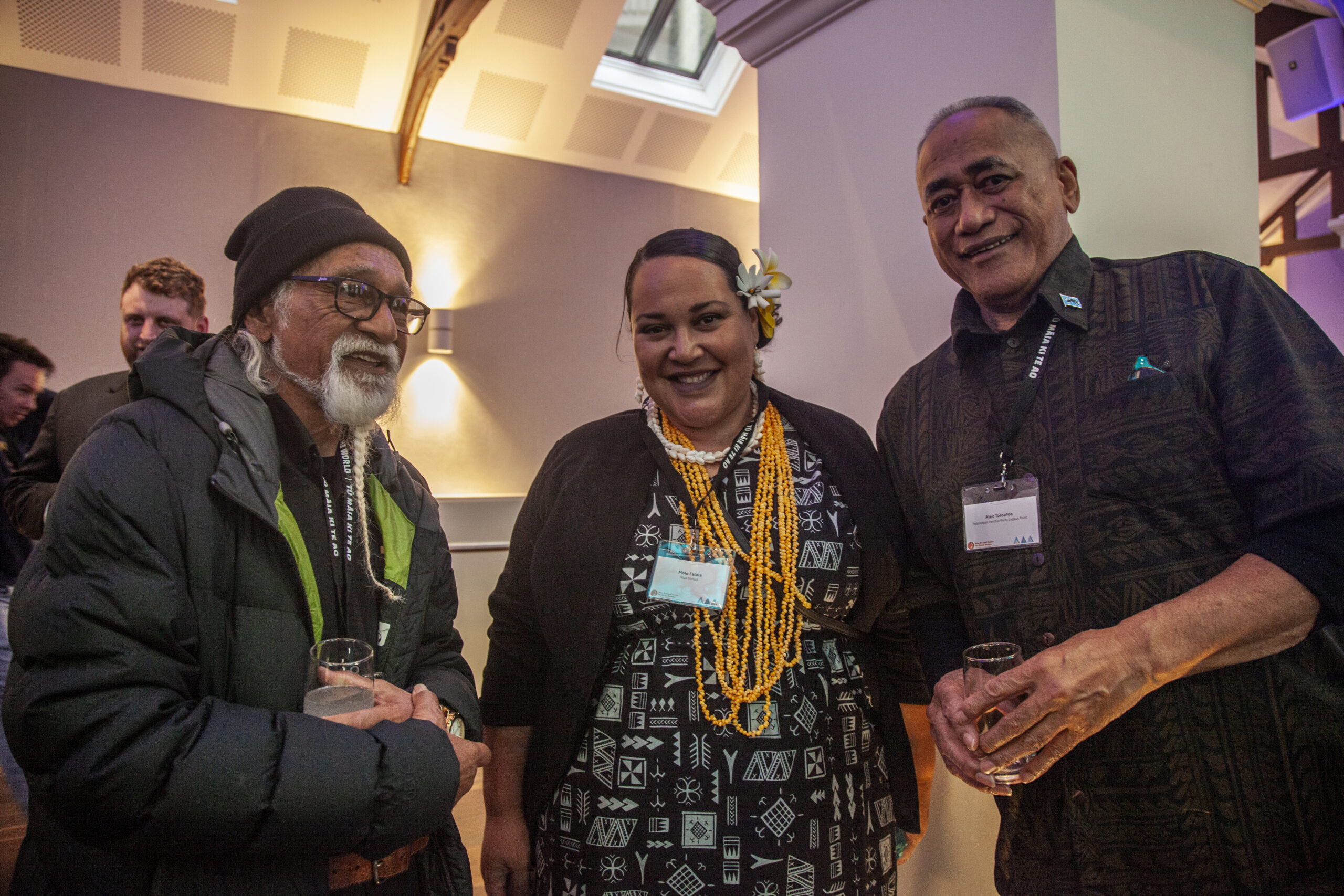
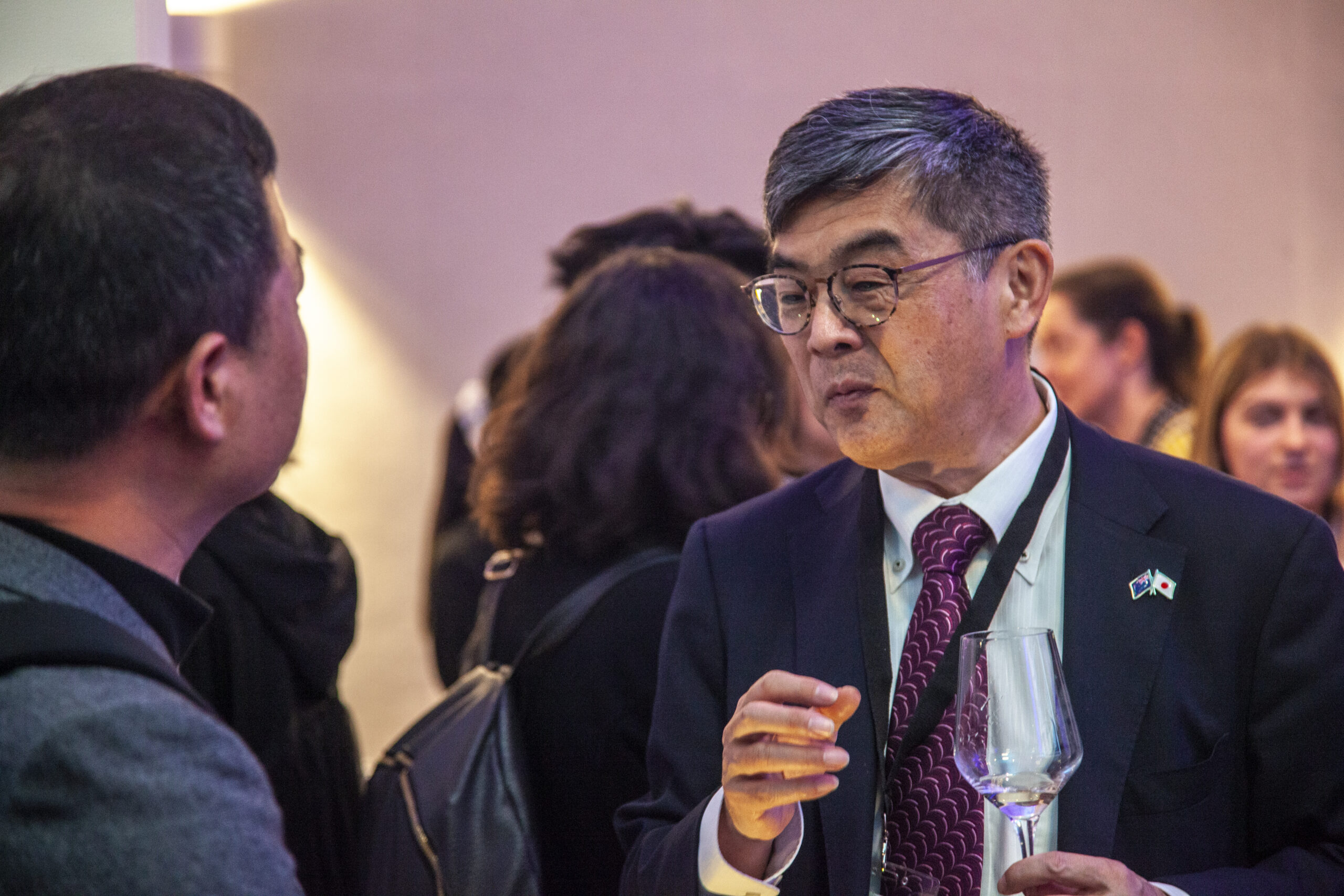
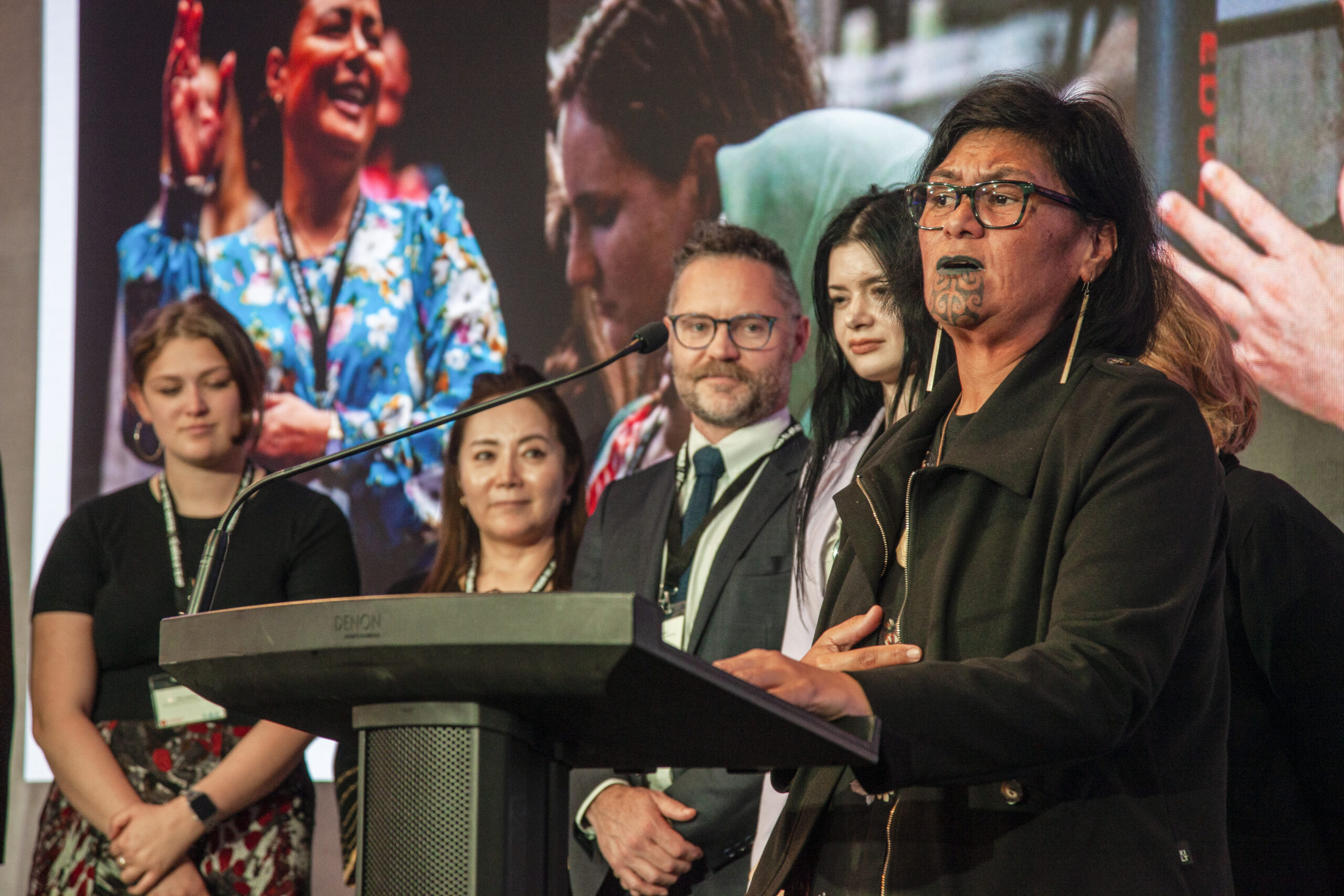
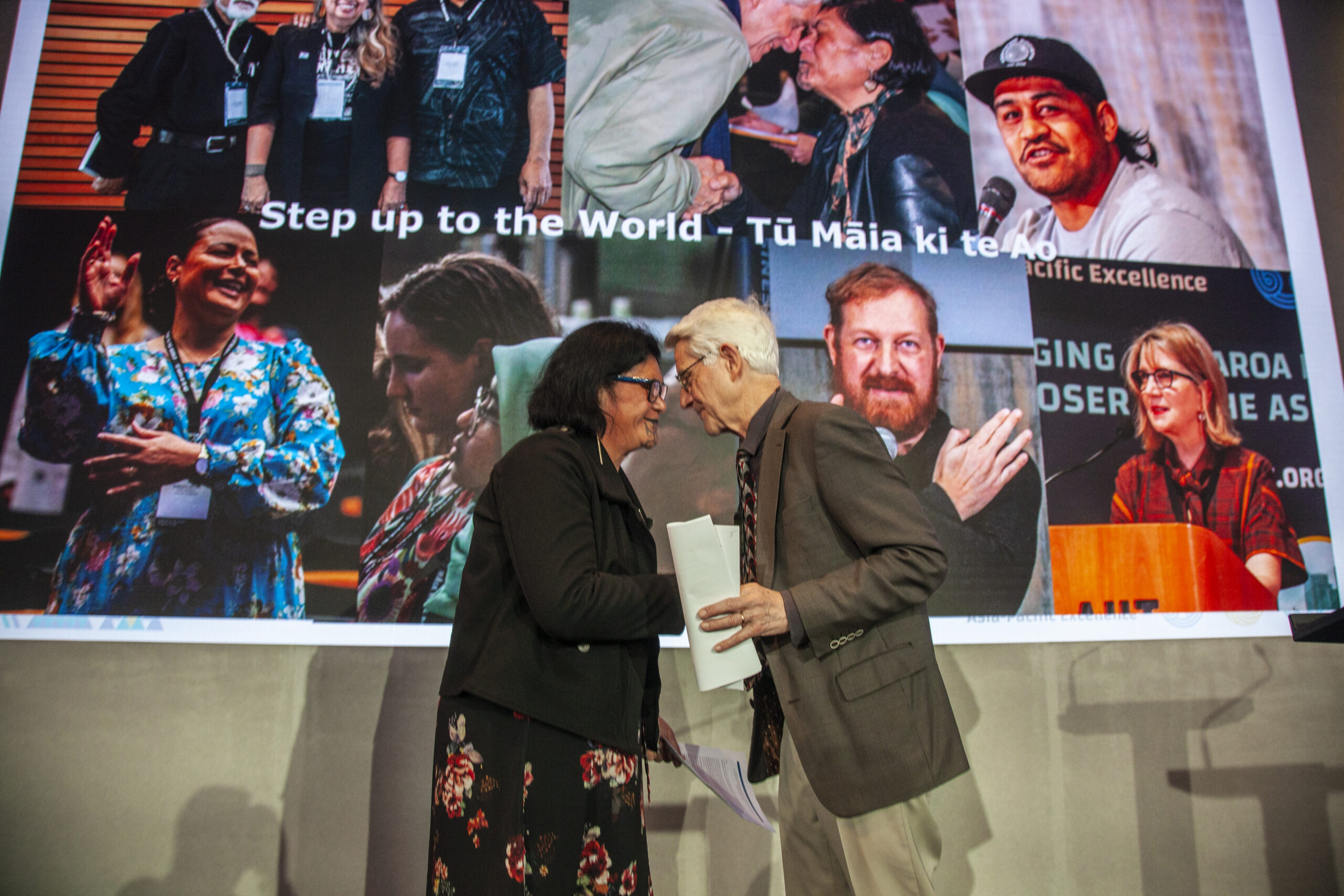
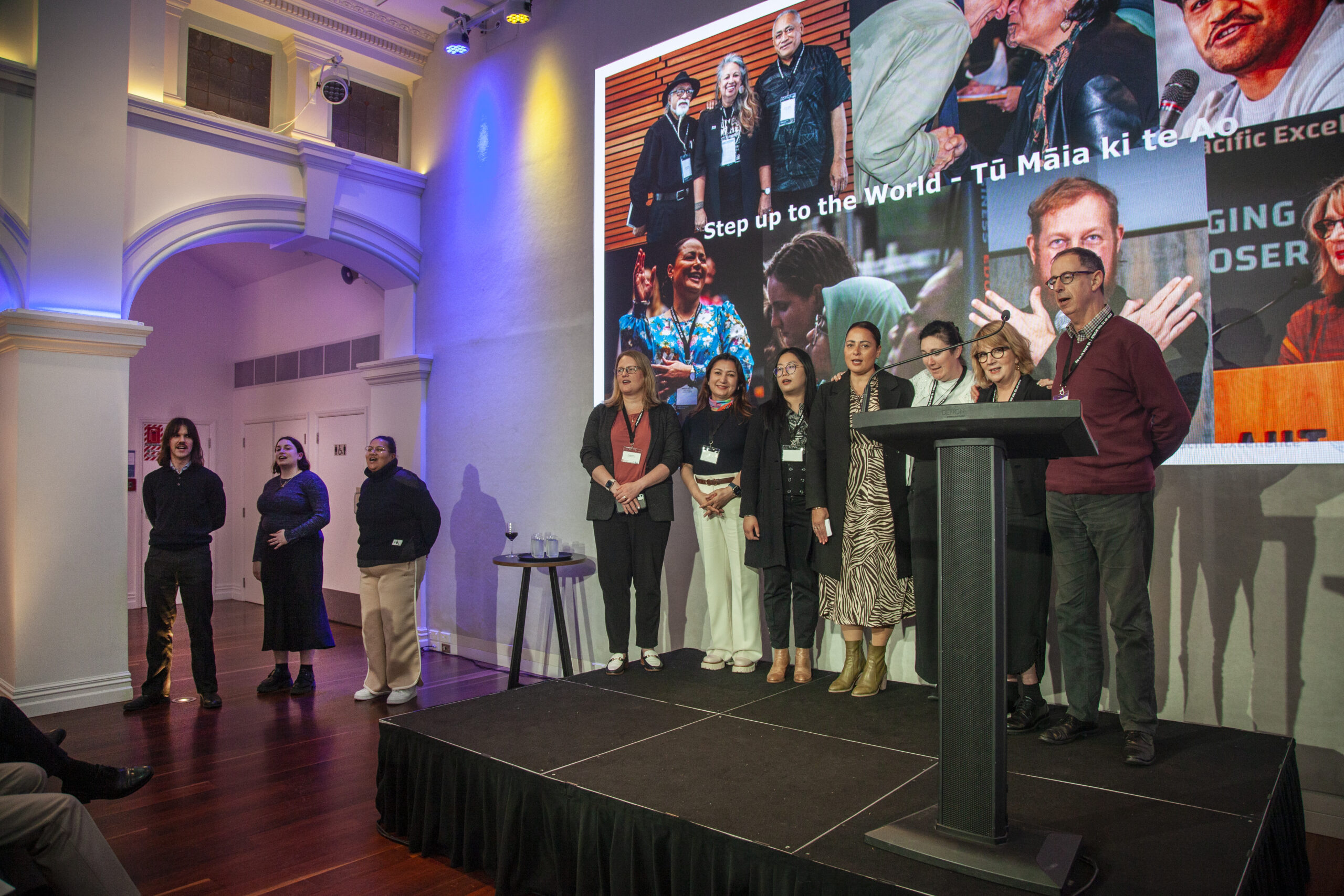
0 Comments